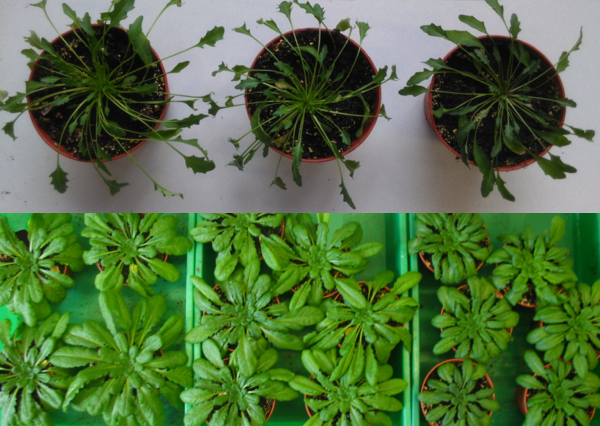Guard cell function under salt stress conditions
Guard cell function under salt stress conditions
Salinity causes a major decline in agricultural productivity and hence is a big threat for crop plants. In the last few decades researchers have focused on exploring the molecular mechanisms of salt stress signaling in intact plants or in plant organs. Cell type-specific responses to salt stress, such as guard cells are still limited. Guard cells are the key regulators for gas exchange (CO2 uptake and O2 release) in plants and research has mainly focused on their behavior to various degrees of temperature, humidity and CO2.
This research project focuses on guard cells and their molecular genetic and physiological responses to different salt stress conditions. Salt tolerant and salt sensitive plant species are treated with no salt, once with NaCl and repetitive times with increasing NaCl concentrations. This approach allows us to investigate adaptive mechanisms in guard cells to recurrent salt stress. Furthermore, we want to learn if salt stress induces epigenetic modifications that enable offsprings to memorize previously experienced salt stress and prepare them to better perform under salt stress.
Methods used are:
- Microscopy to visualize guard cell responses
- Flame photometer to determine sodium and potassium contents
- Energy dispersive x-ray (EDX) analysis to measure ion content specifically in guard cells
- Gas exchange measurements for analysis of stomatal conductance
- HPLC-MS to quantify metabolites
- Real time PCR to quantify salt-responsive marker gene expression.
- Bisulfite sequencing to determine the DNA-methylation pattern of salt-responsive genes.
- Transcriptome microarray analysis of genome-wide gene expression changes to salt stress
- Mutant plants to confirm the impact of salt stress on a signaling pathway.









